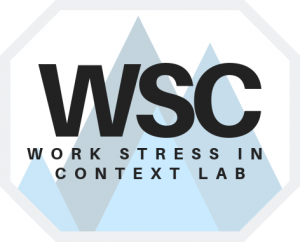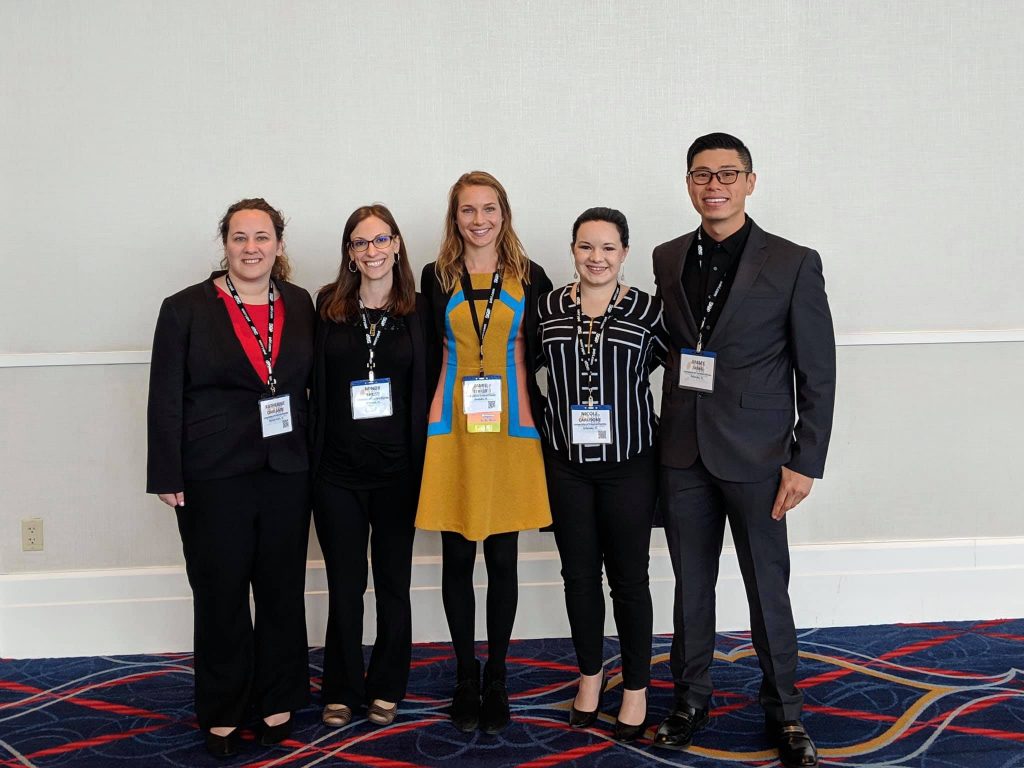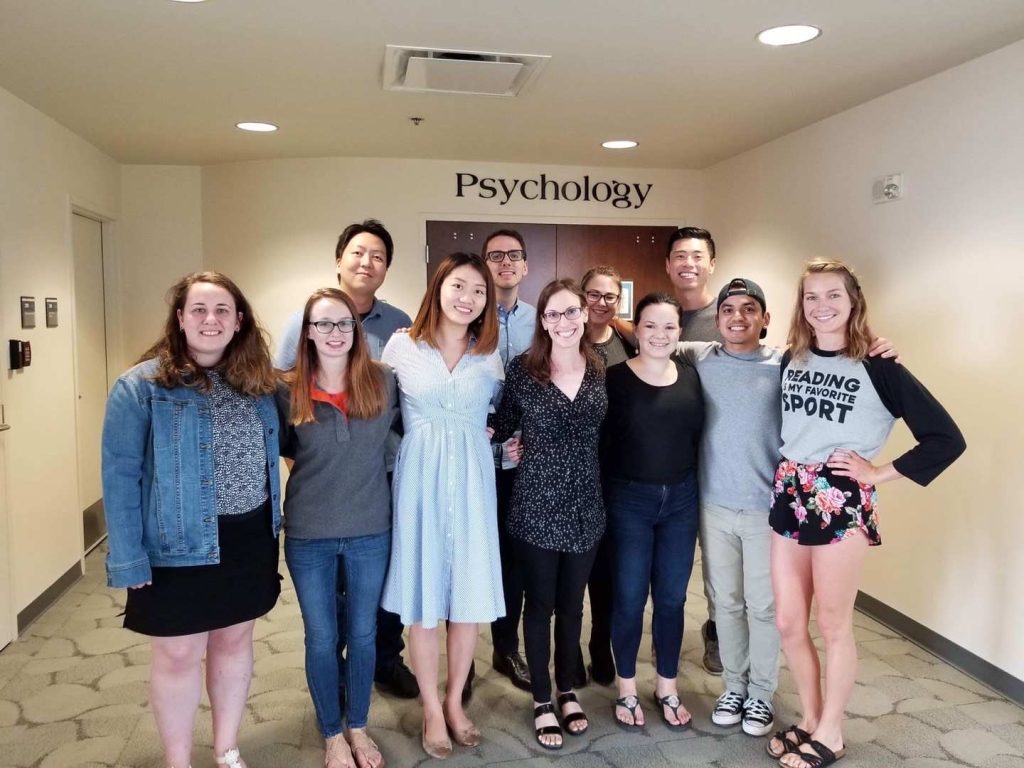About Us
The Work Stress in Context (WSC) Lab takes a psychological approach to understanding the relationships between work (i.e., quality, conditions, organization of work), well-being, and behavior. Our name, Work Stress in Context, conveys two key features of our research. First, we incorporate various elements of context (including individual, interpersonal, national, and temporal contexts—akin to the reporter’s questions of who, what, where, and when) into our research. Doing so allows us to understand work-related perceptions, reactions, and behaviors in the context in which they occur. It also allows us to understand how elements of context shape important well-being and behavioural outcomes. In short, our work shows that context matters. Second, our acronym “WSC” is pronounced “whisk” in a reflection of the changing nature of work. Changes in the nature of work, such as those sparked by the globalization, technologicalization, and financialization of work, yield new challenges for organizations and employees. We seek to better understand these challenges and their impact on the well-being of workers and on the performance of organizations.
The goal of the lab is to promote an intellectually stimulating, supportive environment in which to produce high-quality research that explores timely and practically useful questions related to the issues described above. Research in the lab falls occurs at the intersections of I/O Psychology, Occupational Health Psychology, Human Resources (especially the Sustainable Human Resource movement), and Organizational Behavior. We also draw from works in Economics, Sociology, and Political Science.
Lab Philosophy
- Work plays a critical role in people’s lives and thereby has relevance for well-being
- Work (paid and unpaid) fulfills the societal goal of organizing human activity into the collective pursuit of shared goals
- Thus, both well-being and productivity are valued outcomes, and society benefits when they are pursued simultaneously rather than achieved at the cost of one another
This philosophy aligns with, and is inspired by, perspectives espoused by the International Labour Organization (ILO) and the United Nations (UN) that emphasize the importance of work for individual well-being and the importance of individuals well-being for productive and sustainable economic growth (see e.g., ILO, nd; OECD, 2013; UN Sustainable Development Goal 8).



